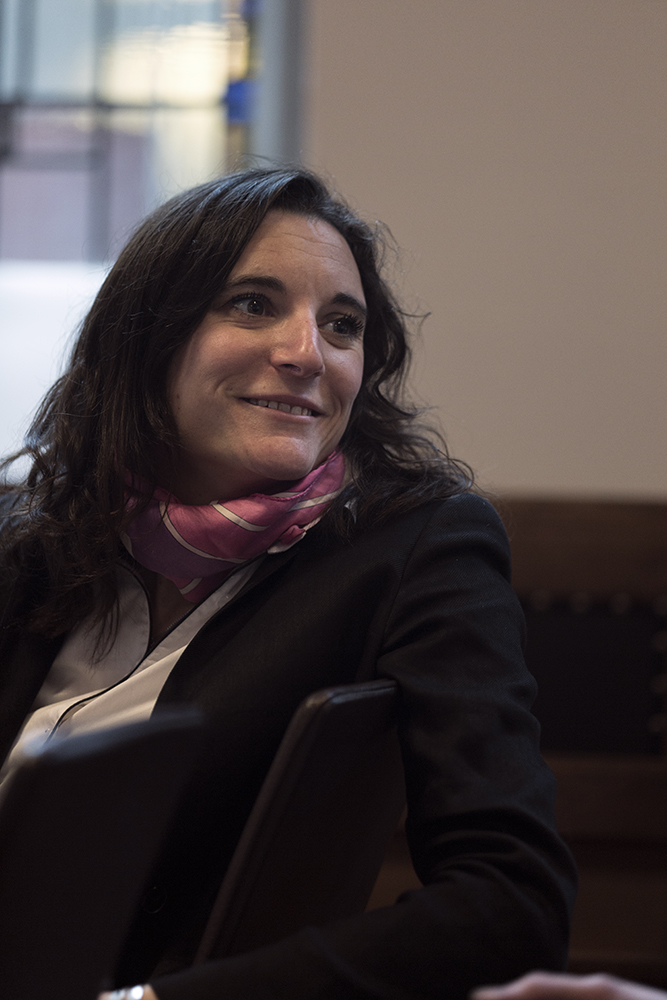People
Faculty
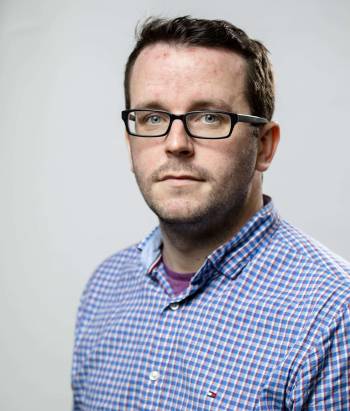
Tom Emery
Dr. Tom Emery is the Deputy Director of ODISSEI, where he is responsible for the strategic development of the infrastructure and international collaborations. Emery is an Associate Professor in the Department of Public Administration and Sociology of Erasmus University Rotterdam. Before that, he was the Deputy Director of the Generations and Gender Programme (GGP) at the Netherlands Interdisciplinary Demographic Institute in The Hague. Emery gained a PhD in Social Policy from the University of Edinburgh in 2014 and his thesis examined the interaction between financial support between elderly parents and their adult children in a number of European countries. His research also covers questions of comparative survey methodology and policy measurements in multilevel contexts.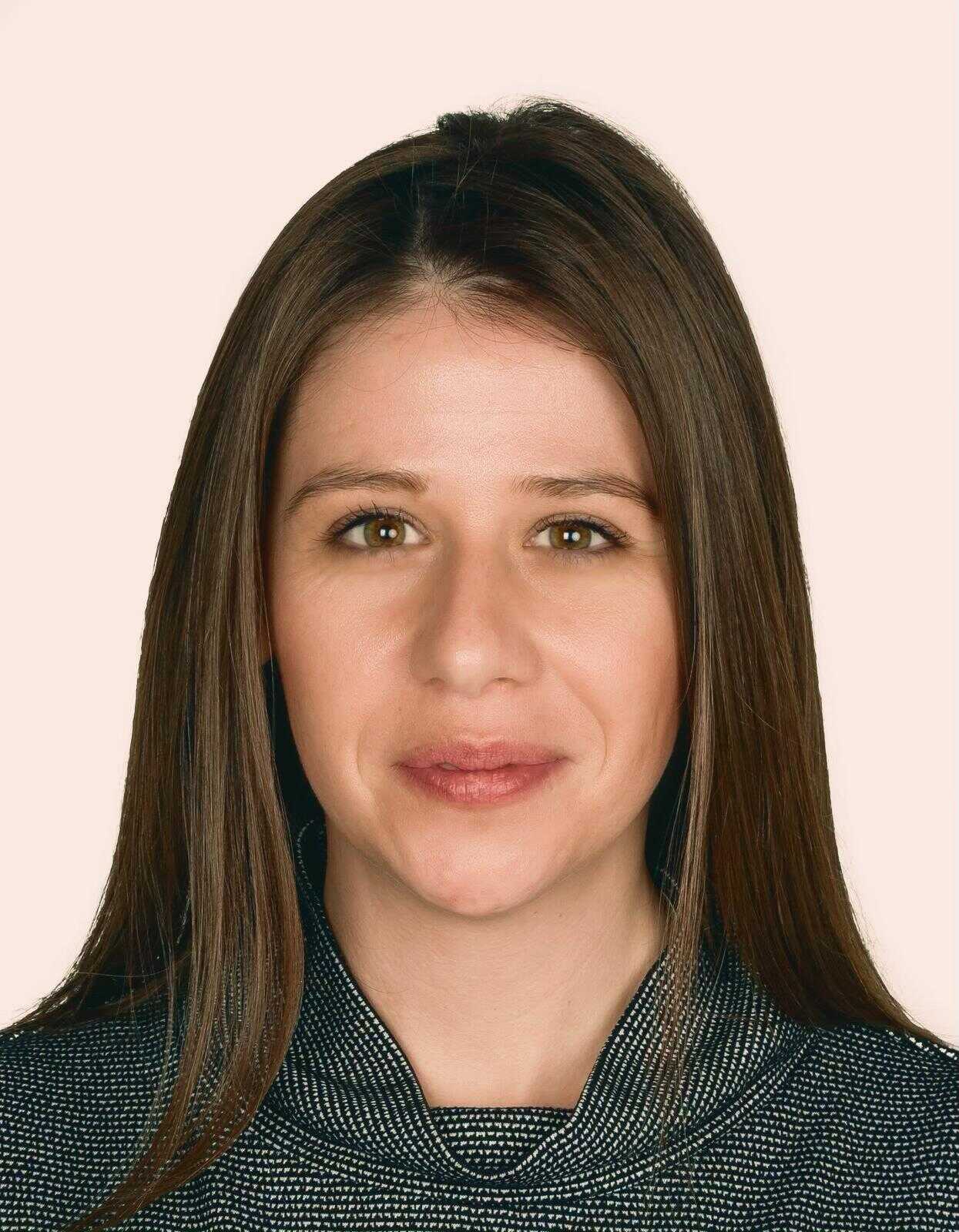
Paulina Pankowska
Dr. Paulina Pankowska is an assistant professor at the Sociology department of Utrecht University. Her research focuses on the topics of data and methods quality. She is currently working on a project investigating the quality of non-traditional data sources and on a project related to climate change sociology. She is also the task leader of the ODISSEI benchmarking task, which aims to organize an algorithm benchmark for the social sciences. The overarching goal of this project is to guide social science research towards a culture wherein different methods and techniques that are used to solve a specific problem are compared and evaluated objectively.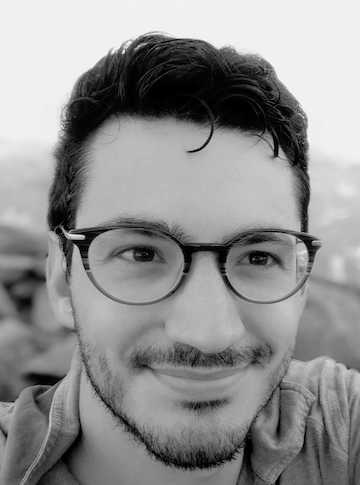
Javier Garcia-Bernardo
Dr. Javier Garcia-Bernardo is an assistant professor at Utrecht University in the Social Data Science (SoDa) team. Before that, he was a postdoc at the University of Amsterdam and at Charles University (CORPTAX), and a data scientist at the Tax Justice Network. In his research he applies computational models to understand social and economical systems. He completed his PhD in Political Economy at the CORPNET group (University of Amsterdam), and his MSc in Computer Science at the University of Vermont.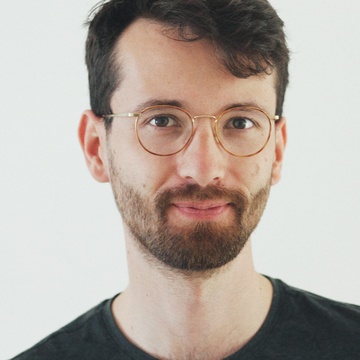
Erik-Jan van Kesteren
Dr. Erik-Jan van Kesteren is assistant professor of data science at Utrecht University, and the team lead for the ODISSEI Social Data Science team ([https://odissei-soda.nl/](https://odissei-soda.nl/)). His background is in social sciences and statistics, with a focus on computation; he has worked on a wide range of topics, such as structural equation modeling, high-performance computing, and Bayesian statistics. Erik-Jan is a strong proponent of open science, which he puts in practice in his projects with the SoDa team. There, he consults and works with many different researchers, on topics such as inequality, citizen science, agent-based modelling, and synthetic data.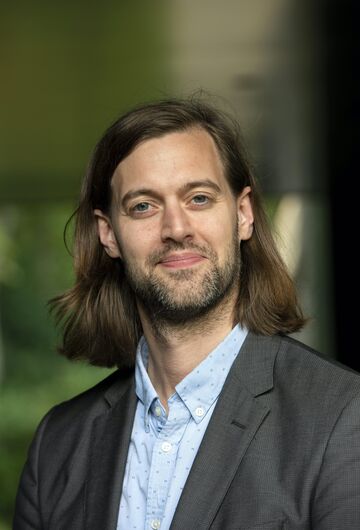
Gert Stulp
Gert Stulp is an associate professor at the department of Sociology at the University of Groningen. He studies causes of the variation in the number of children people have and would like to have, and employs diverse methods in his research including personal network data collection, simulation studies, and machine learning. He is also interested in how methods from data science methods can improve the social sciences.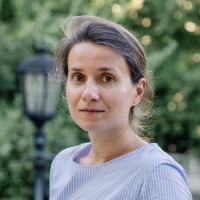
Elizaveta Sivak
Elizaveta Sivak is a sociologist and a computational social scientist. Currently, she is a PhD candidate at the University of Groningen, where she studies the predictability of fertility outcomes. Before that, she was the head of the Center for Modern Childhood Research at HSE University. Her research interests involve the predictability of life outcomes, predictions in social science in general, and using machine learning methods and digital traces data to study parenting and childhood.Speakers
Teaching Assistants
Participants
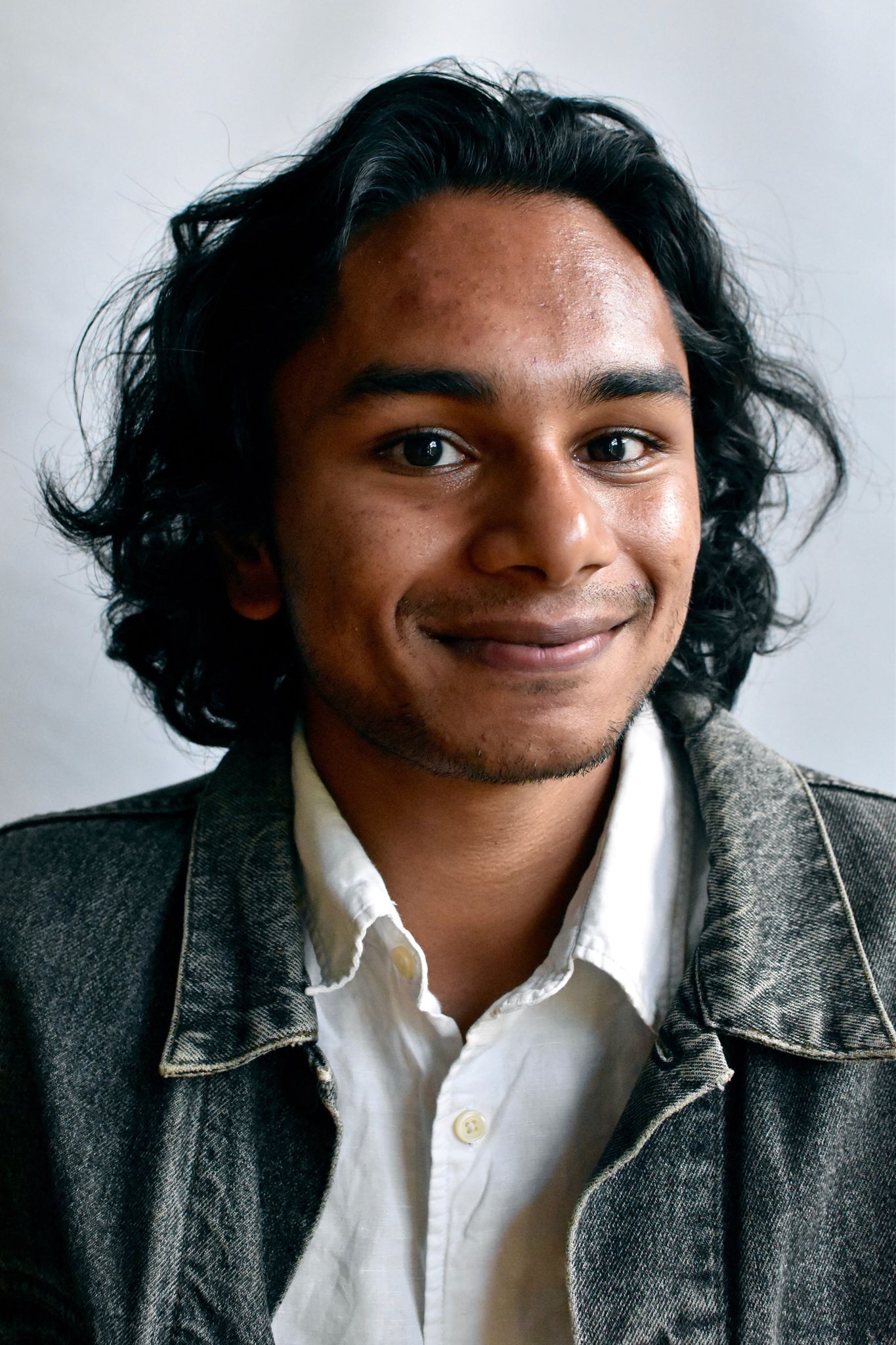
Varun Satish
Varun is a PhD student in Demography and Social Policy at Princeton University. Originally from Sydney, Australia, he is interested in studying whether there are limits to predictability in social data..png)
Yuki Takahashi
Yuki is a postdoctoral researcher at Tilburg University's Department of Economics. Yuki is an applied microeconomist working in the areas of Behavioral Economics, Gender Economics, and Labor Economics. Their research examines how psychological factors and institutions affect individual and group behaviors using experimental and observational data. Yuki received their PhD in Economics from the University of Bologna in July 2022. Yuki is non-binary (pronoun: they/them).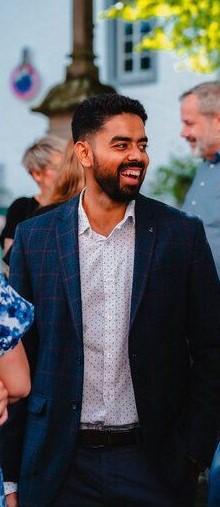
Rishabh Tyagi
Rishabh is a joint PhD Student at the Max Planck Institute for Demographic Research in Germany & Centre for Fertility and Health in Norway. Using German Socio-economic Panel Data and Norwegian Administrative Data, his dissertation project assesses the social, demographic, and health consequences of employment uncertainty for individuals and their families. Previously, he finished a Masters and M.Phil. in Biostatistics & Demography from IIPS Mumbai.
Bastián González-Bustamante
I am a post-doctoral researcher in Computational Social Science at Leiden University, Netherlands. I hold a DPhil (PhD) in Politics from the University of Oxford, UK. My interests lie in the intersection of comparative politics and government. Methodologically, my interests rely on quantitative text analysis, machine learning and causal inference..jpg)
Yael Broos
Yael Broos is a PhD-candidate at the department of Socio-medical Sciences at the Erasmus School of Health Policy and Management (EUR). Her research focuses on health spillovers in the family, with a specific focus on siblings and mental health effects.Goan Booij
Goan Booij is a PhD-student at the research institute of Child Development and Education of the University of Amsterdam. He has a background in philosophy and sociology. He currently studies the relationship between digital time use, digital literacy, and academic performances.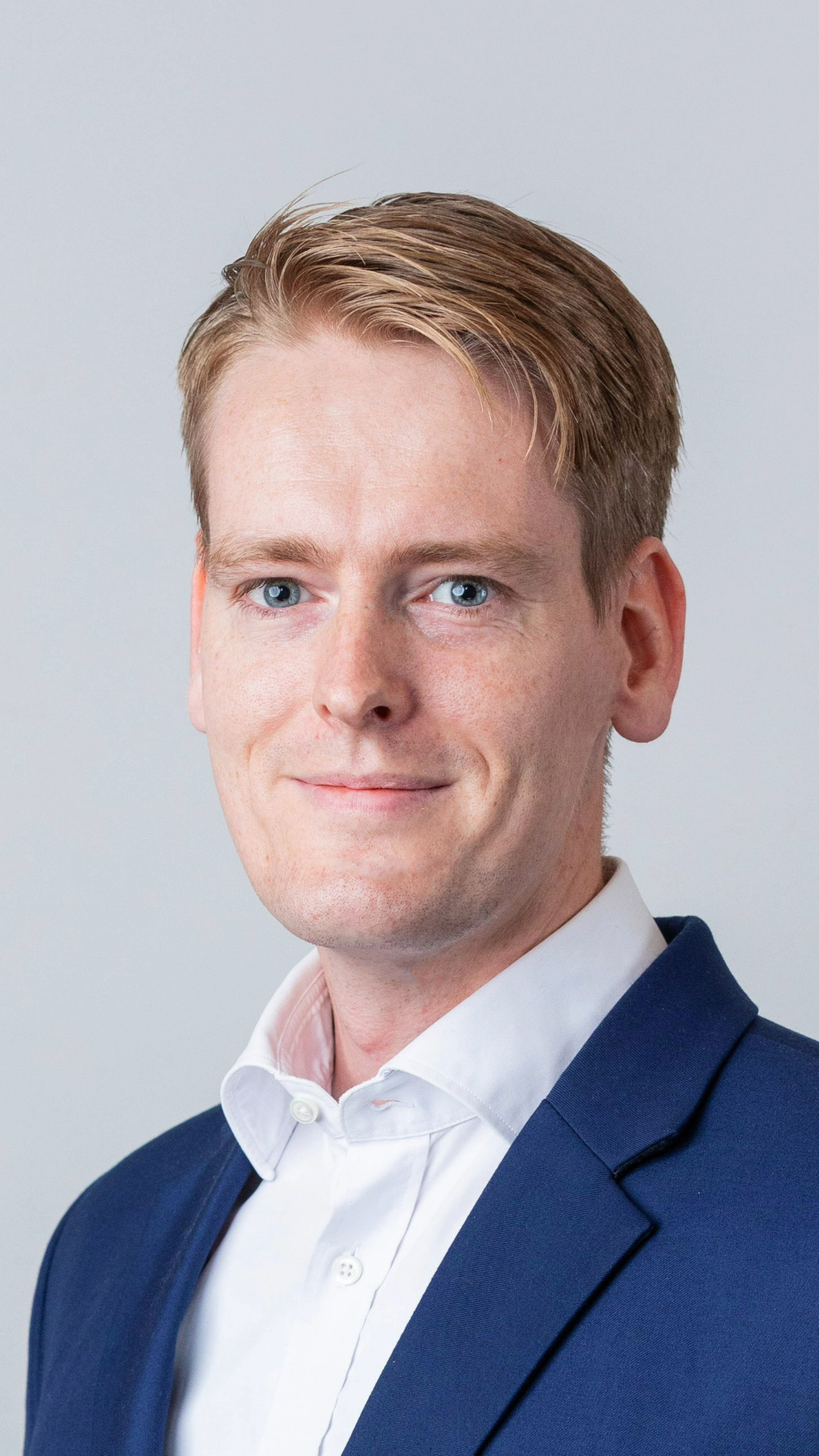
Henry Abbink
Henry Abbink is a non-PhD (junior) researcher at the Research Centre for Education and the Labour Market (ROA) at Maastricht University. At ROA, he is currently engaged in evaluating primary school student performance as part of the Netherlands Cohort Study on Education (NCO). Next to that, he contributes to the Dutch labour market forecasts published by ROA. Henry enjoys working with Dutch administrative data (CBS microdata).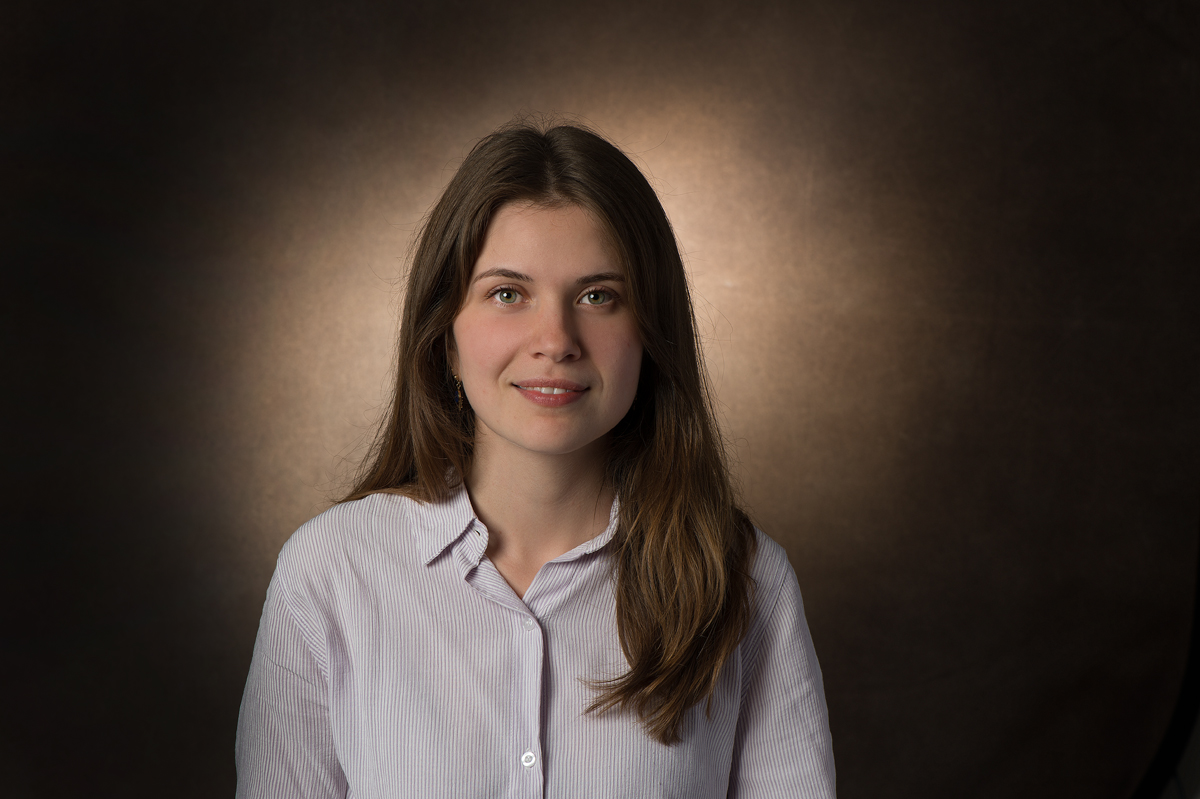
Tilbe Atav
Tilbe Atav is a PhD student at the Applied Economics department of the Erasmus School of Economics in Rotterdam. Currently, her research interests lie in how environments or information individuals are exposed to may affect perceived opportunities, aspirations and choices of individuals.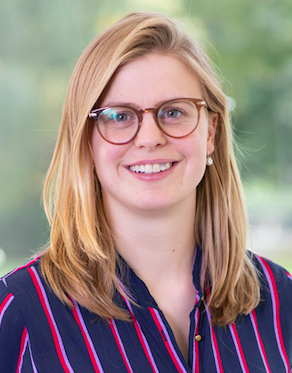
Mathilde Theelen
Mathilde Theelen is a doctoral student at Maastricht University, where she aims to contribute to evidence-based methods for language learning. Her focus is driven by her desire to create more equal opportunities for children. Mathilde holds an MPhil in Linguistics from the University of Cambridge and a MSc in Artificial Intelligence from the VU University.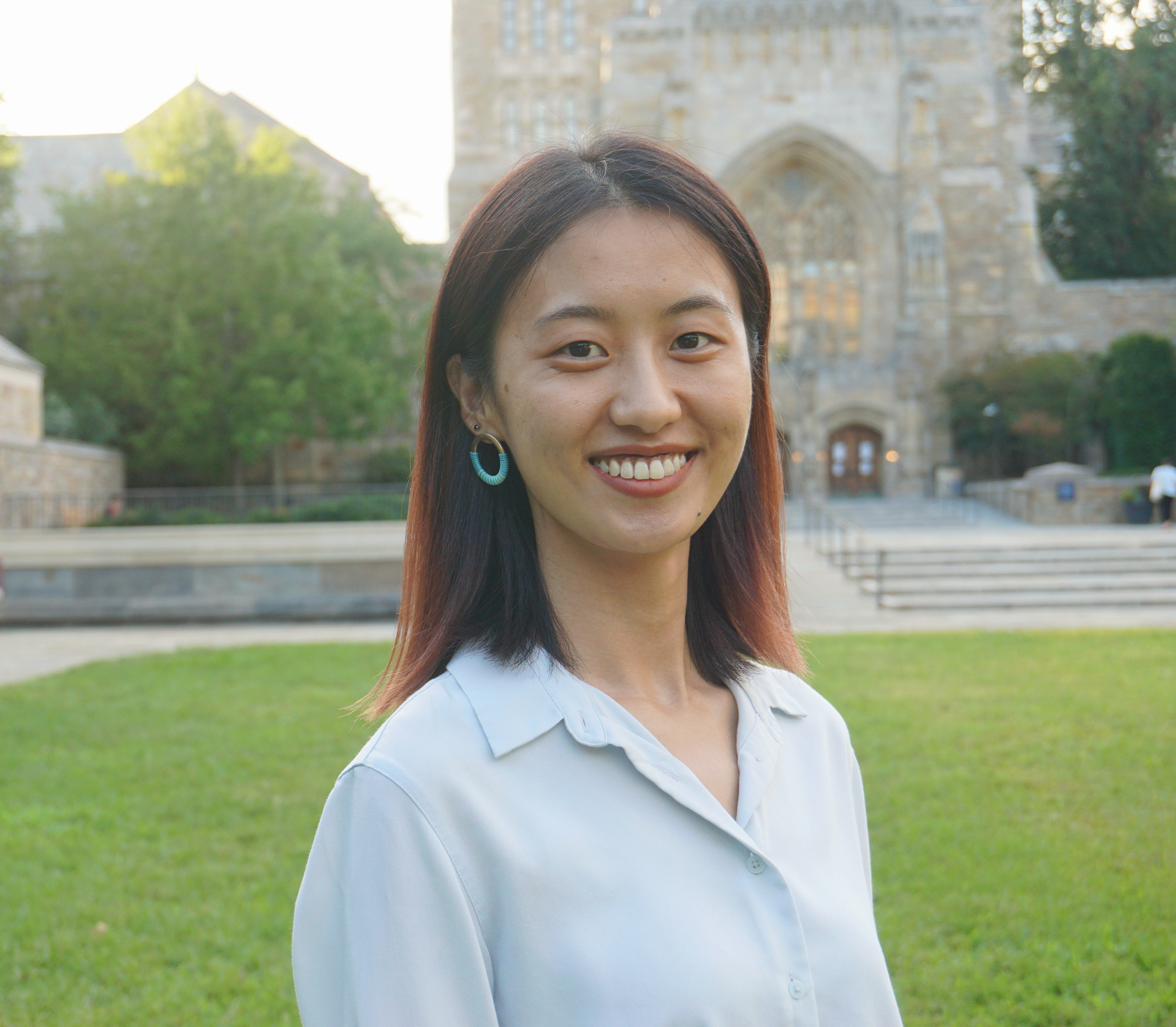
Xinran Wang
Xinran is a PhD student in Environmental Psychology at the University of Groningen. She studies perceptions of the roles of different societal actors in addressing climate change. Using target sampling, large-scale surveys and social media data, her research aims to understand the social and psychological factors that motivate or inhibit societal-wide climate action. Previously, Xinran worked as a data scientist at the Yale Program on Climate Change Communications and holds an MA in quantitative methods in social science and a BS in math.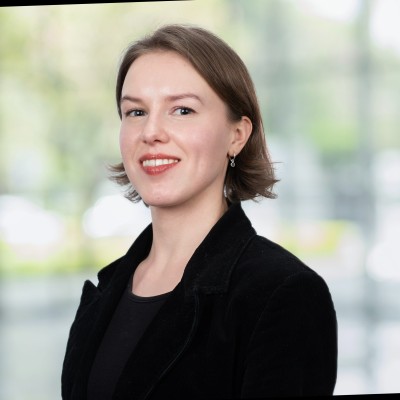
Jade Vrielink
Jade Vrielink is a PhD Candidate in Political Communication at Wageningen University and Research. She studies the impact of online data-driven campaigning (e.g. microtargeting) on voter attitudes and behavior using longitudinal surveys, experience sampling, data donations, and experiments. Her research interests include the interaction between social media, society and politics, political behavior, computational social science and gender and politics.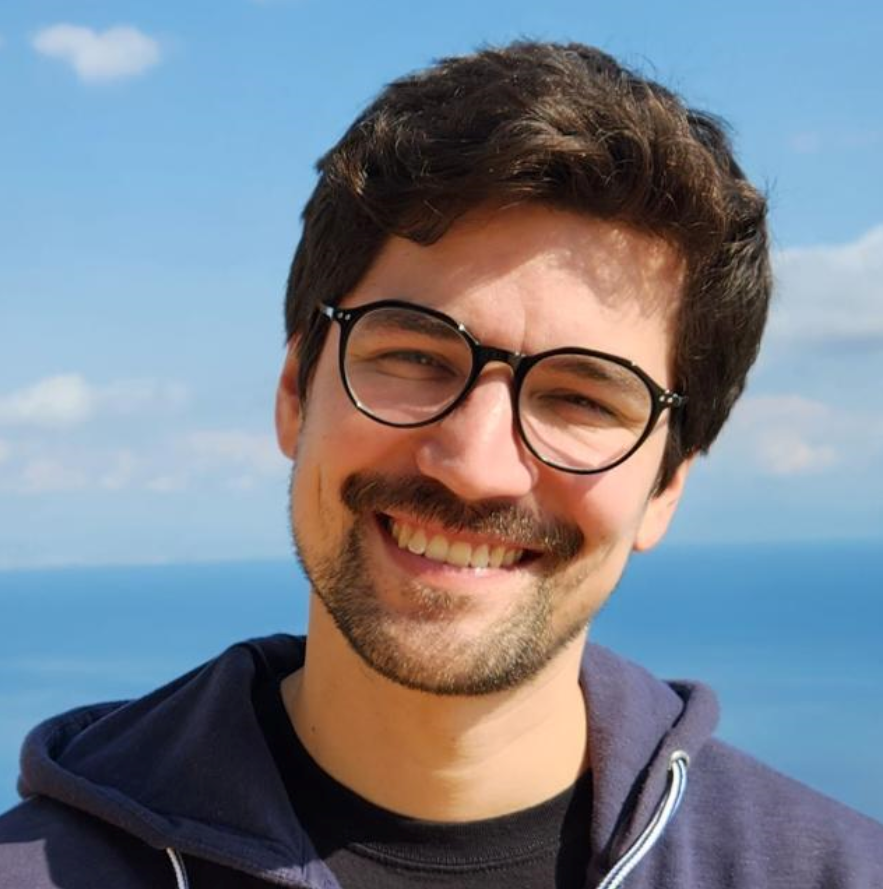
Ignacio Urria Yáñez
Ignacio Urria Yáñez is a PhD candidate in the Urbanism Department of the Faculty of Architecture and the Built Environment at TU Delft. His research interests span sociospatial inequalities, urban segregation, neighbourhood effects, labour market and machine learning. His PhD project focuses on studying the spatio-temporal evolution of segregation using multiple geographical scales and residential characteristics. He holds an MSc in Human Geography from Utrecht University, and MSc and BA in Economics from Universidad de Chile. Prior to moving to the Netherlands, Ignacio was an analyst in the Chilean Ministry of Social Development.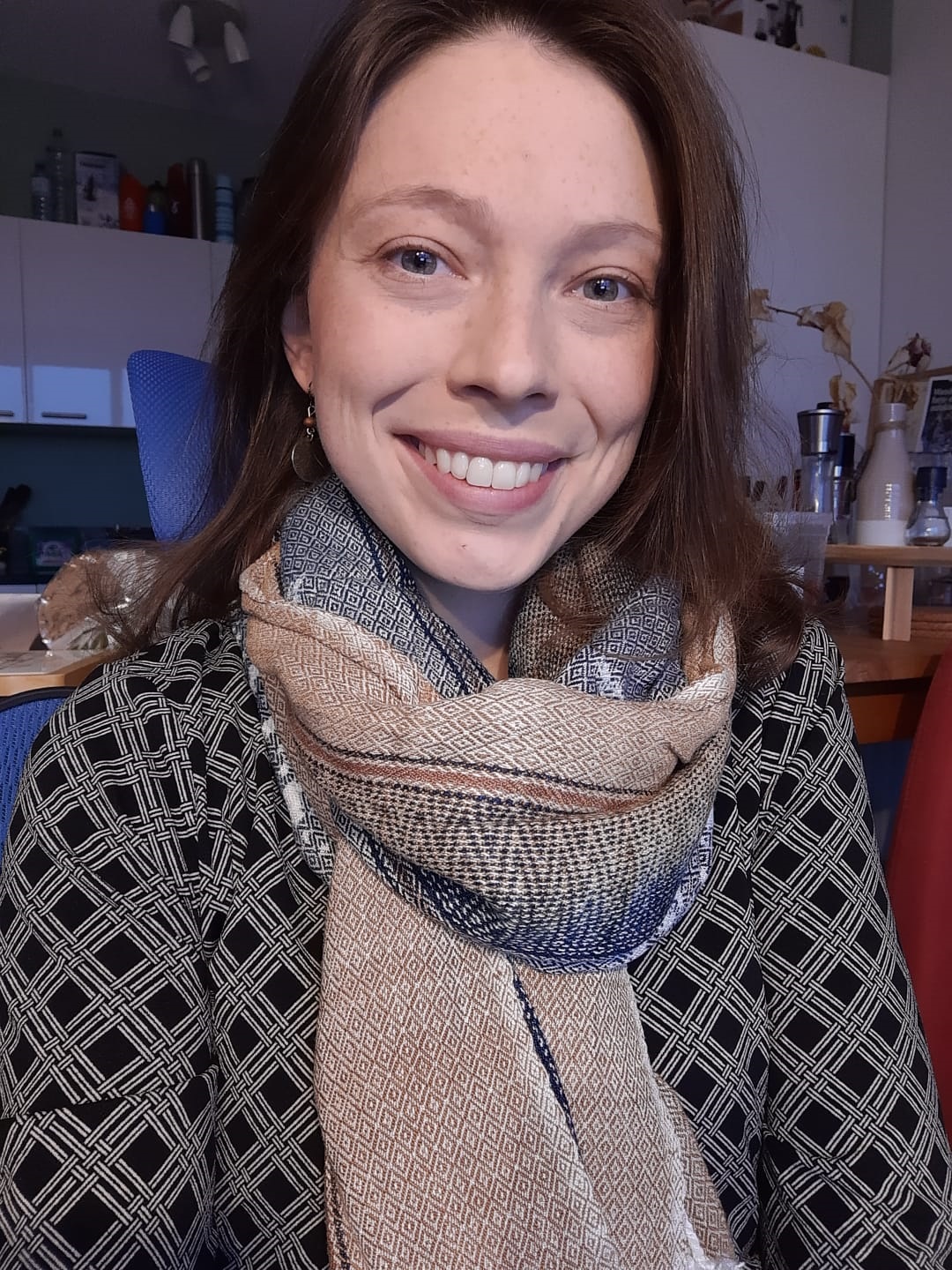
Nicole Walasek
I am a postdoctoral researcher interested in how the environment shapes evolution and development. To study this broad question, I work at the interface of various disciplines, such as biology, ecology, psychology, and computer science. I have a background in cognitive science, computer science, and developmental psychology.
Amber Howard
Amber is completing her PhD between the department of Health Policy at the University of Melbourne, and the department of Geography, Planning, and Int. Development Studies at the University of Amsterdam. Her research describes and quantifies young adult’s changing housing arrangements over the 2000s, focusing on socio-economic inequalities.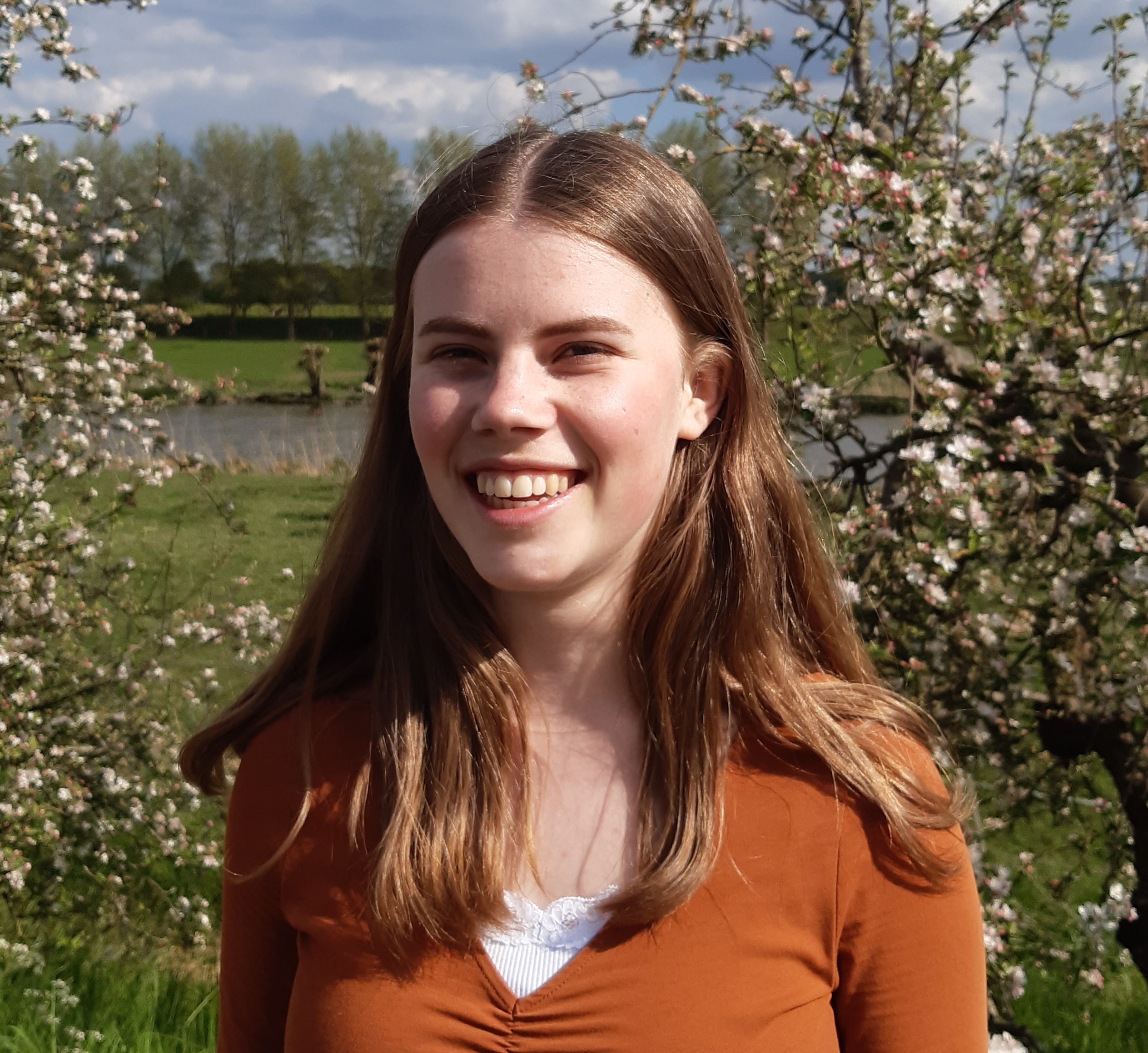
Mayke Nollet
Mayke Nollet is a PhD candidate at the Department of Educational and Family Studies, Vrije Universiteit Amsterdam. She currently researches the labour market and educational outcomes of young people with mental health problems. Her research interests include social inequality, education, labour market, mental health, family dynamics, and big data usage.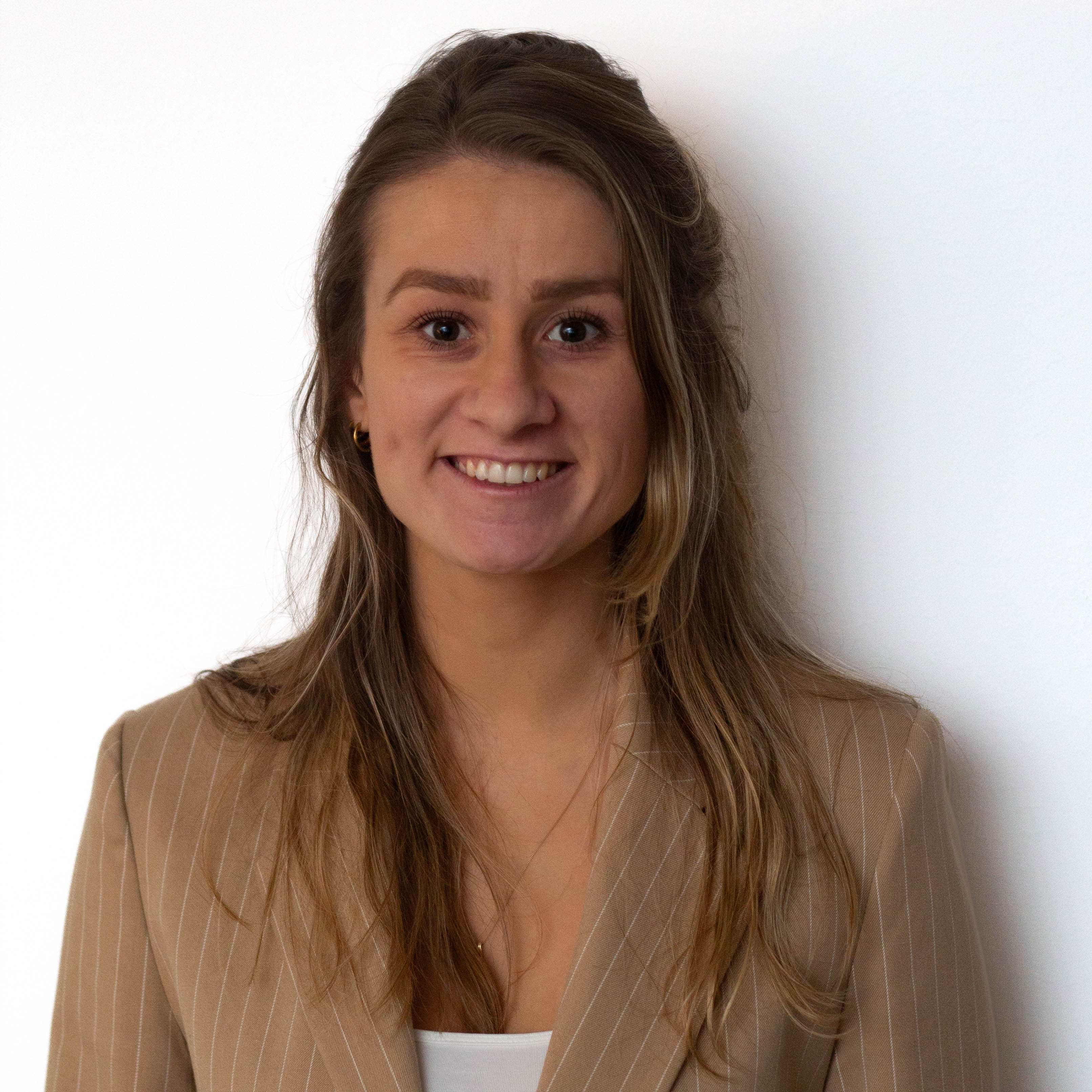
Marlot Griep
Marlot is a PhD Candidate at Vrije Universiteit Amsterdam. Her research focuses on how teachers' mental well-being relates to their risk of long-term absenteeism or leaving the profession. Her goal is to identify indicators that can proactively signal higher risks of absenteeism or job attrition among teachers.
Iris ten Klooster
Iris ten Klooster is a postdoctoral researcher at the Department of Health, Psychology and Technology, and the Department of Biomedical Signals and Systems at the University of Twente. Her research focuses on utilising different types of data (e.g. data from electronic health records) to personalise eHealth technologies.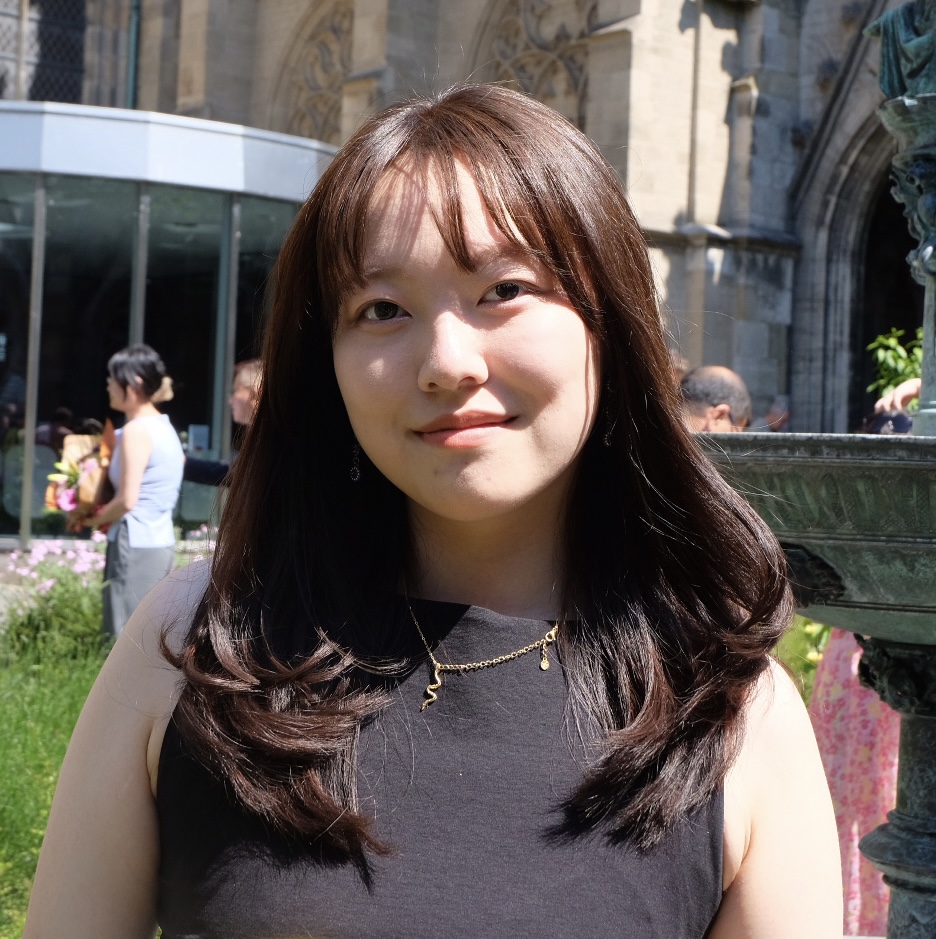
Flora Zhou
Flora Zhou is a Ph.D. Candidate in the Department of Public Administration and Sociology in Erasmus University Rotterdam. She is working in the ERC-funded project “Childcare Strategies”. Her research interests include family sociology, gender inequalities, and social networks.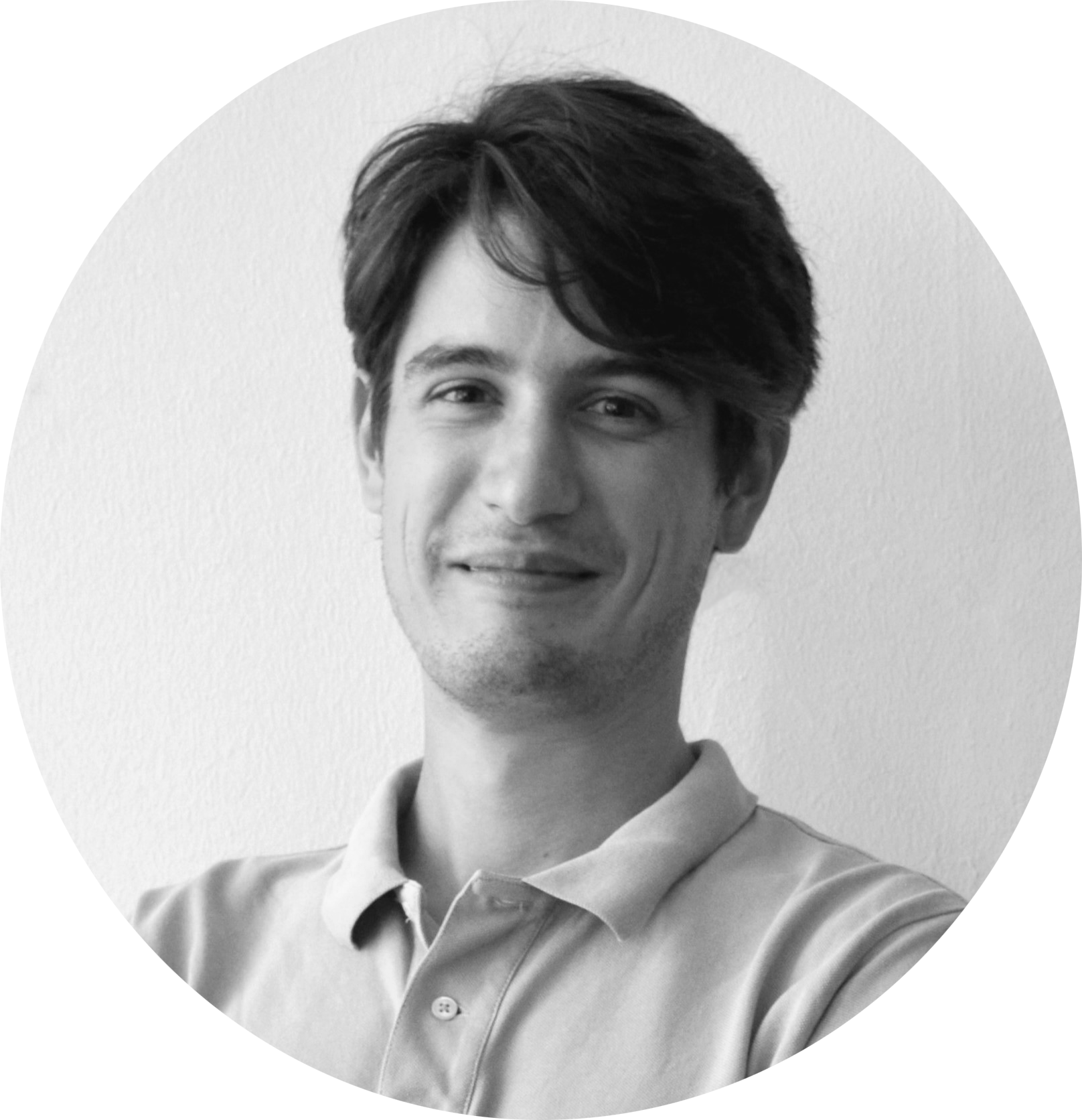
Andrea Gradassi
Andrea is a Psychology PhD student at the University of Amsterdam. He studies social learning strategies in adolescents and adults. He looks at what peers (close friends, popular, smart) are most influential within classrooms, what types of social cues (confidence, expertise, majority) people use when they look at others’ opinions.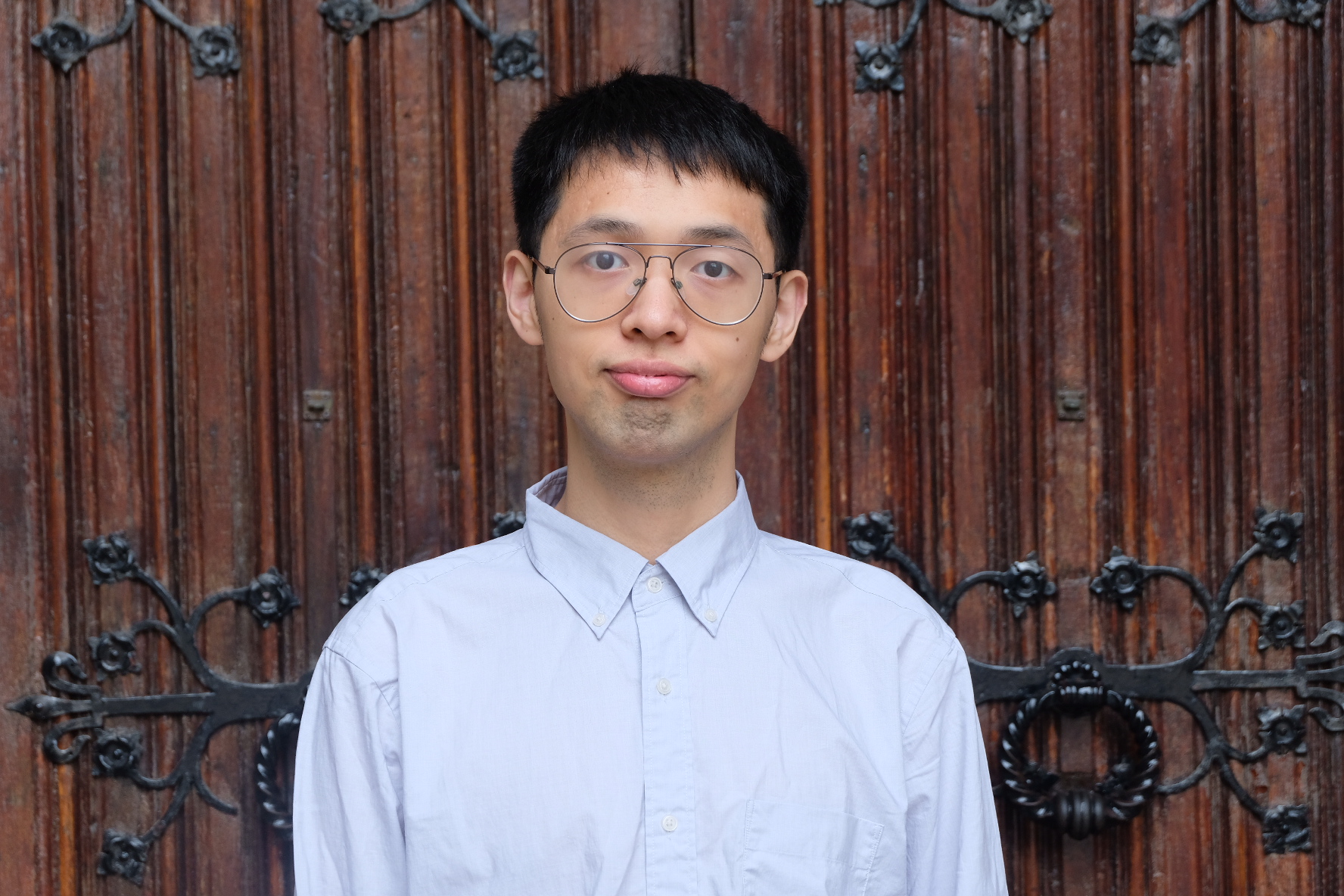
Yuxuan Jin
Yuxuan Jin is a Ph.D. researcher at NIDI. In his Ph.D. dissertation supervised by Prof. Dr. Matthijs Kalmijn and Prof. Dr. Helga de Valk, he investigates the consequences of early parental death for partners and children using large-scale administrative and survey data. Before working at NIDI, he completed his Research Master’s degree in Sociology and Social Research at Utrecht University, where he wrote a thesis on the association between parenthood and health of people in same-sex and different-sex relationships.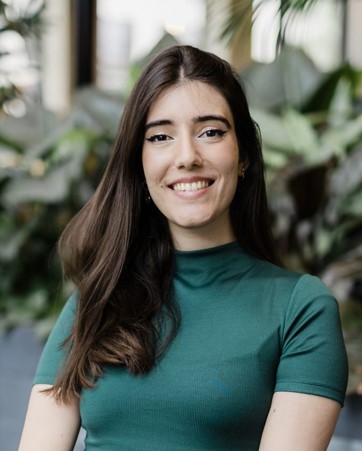
Irene Tsitse
Irene Tsitse is a PhD candidate in Media and Creative Industries at Erasmus University Rotterdam (EUR). Her PhD research explores the transformative potential of audience engagement in the cultural and creative sectors and industries (CCSIs), focusing on the intersection of audience engagement, cultural entrepreneurship, and digitalization. Motivated by a research gap in understanding audience experiences in cultural sectors, her study aims to combine computational and qualitative methods to analyze audience/visitor behavior, ultimately contributing to the prosperity and sustainability of the CCSIs. Irene holds a Master's degree in Cultural Economics and Entrepreneurship from EUR and a BA in Marketing and Communication from Athens University of Economics and Business.